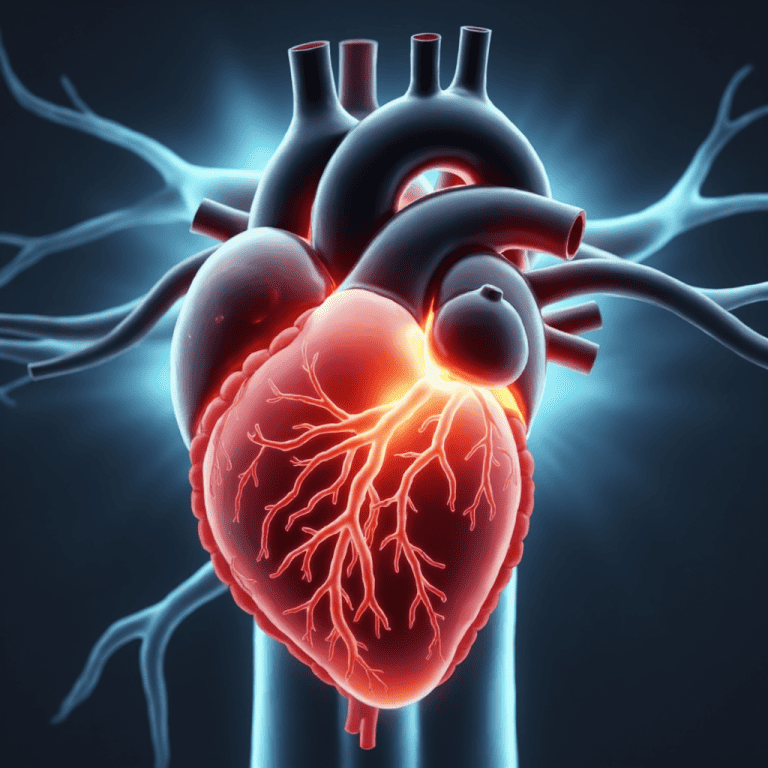Welcome to the Cardiac Cycle Quiz! In this game, you will test your knowledge on the process that keeps your heart beating and pumping blood throughout your body. Get ready to learn all about the different phases of the cardiac cycle and how they work together to keep you alive and healthy.
Do you know what happens during the systole and diastole phases of the cardiac cycle? Can you identify the different chambers of the heart and their functions? Put your knowledge to the test and see how much you know about this vital process that keeps you going every day.
Take the quiz now and show off your understanding of the cardiac cycle!
Play Cardiac Cycle Quiz
Instructions
- This quiz is multiple choice.
- Read each question carefully before selecting an answer.
- Choose the best answer for each question.
- You will see the missed questions with correct answers at the end of the quiz.
Quick Facts
- The heart goes through a series of events to pump blood around the body.
- Each cycle of the heart involves two main phases: contraction and relaxation.
- Blood is pumped out of the heart during the contraction phase.
- The relaxation phase allows the heart to fill up with blood again.
- The cardiac cycle is essential for delivering oxygen and nutrients to all parts of the body.
- The average human heart beats about 100,000 times a day.
- A healthy cardiac cycle ensures that blood is circulated efficiently throughout the body.
- The cardiac cycle is regulated by electrical signals from the brain.
- Problems with the cardiac cycle can lead to conditions such as heart failure or arrhythmias.
- Understanding the cardiac cycle is important for maintaining heart health and overall well-being.
Downloads
Study Tips
- Create a study schedule and stick to it.
- Find a quiet and comfortable study environment.
- Remove distractions such as phones and social media.
- Take breaks every 25-30 minutes to avoid burnout.
- Use active studying techniques like summarizing, highlighting, and teaching concepts to someone else.
- Practice retrieval by testing yourself with flashcards or practice quizzes.
- Stay organized with notes, study guides, and resources.
- Stay hydrated and eat brain-boosting foods like fruits, nuts, and whole grains.
- Get enough sleep to improve memory retention and cognitive function.
- Reward yourself for reaching study goals to stay motivated.
